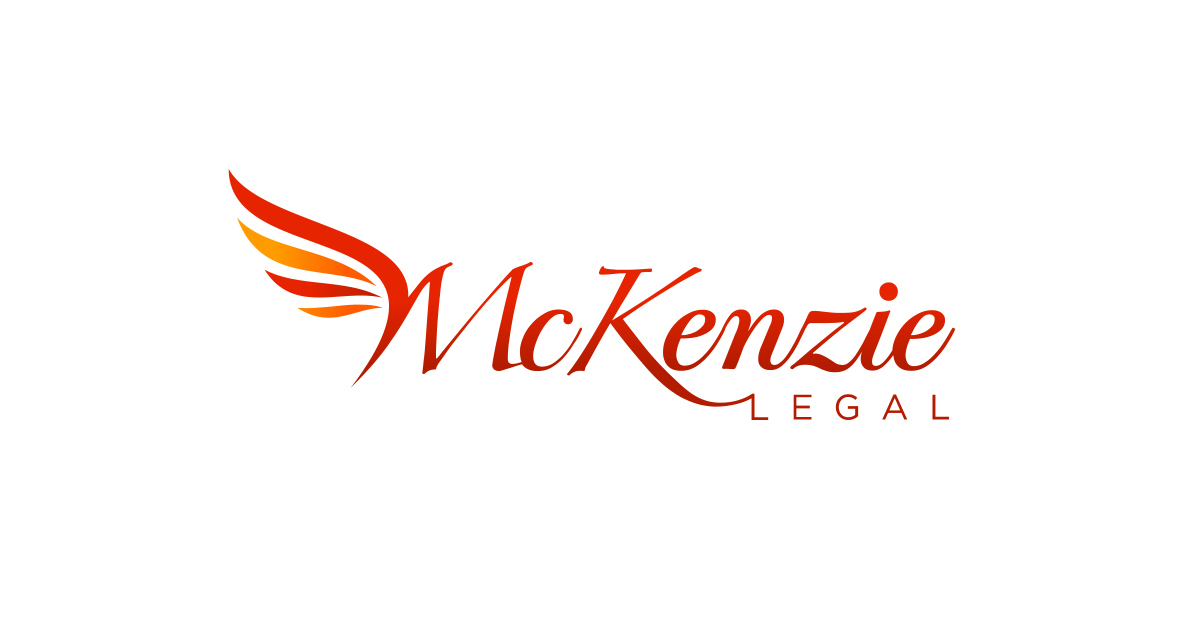As a catering professional, ensuring your terms and conditions (T&Cs) are robust and legally compliant is crucial.
Your T&Cs not only protect your business but also set clear expectations for your clients. Here’s a guide on the do’s and don’ts to help you draft effective T&Cs to protect you in your daily operations.
Do’s
- Be Clear and Concise: Ensure your T&Cs are written in plain English. Avoid legal jargon as much as possible so that your clients can easily understand their rights and obligations.
- Cover Key Areas: Make sure to address essential aspects such as payment terms, cancellation policies, liability limitations, fee structures and any delivery arrangements. For example, specify the notice period required for cancellations and any applicable fees.
- Include a Force Majeure Clause: This clause protects you if unforeseen events, such as natural disasters or pandemics, prevent you from fulfilling your contractual obligations. Ensure this clause is well-defined and covers various potential scenarios.
- Comply with Consumer Protection Laws: For clients who are consumers (i.e., individuals rather than businesses), ensure your T&Cs comply with the Consumer Rights Act 2015. This includes providing clear information about their right to cancel within 14 days if the contract was made at a distance or off-premises.
- Update Regularly: Its essential to regularly review and update your T&Cs to reflect changes in the law or your business practices. This keeps you compliant and protects you from potential legal issues. It’s recommended that you review these types of documents yearly.
Don’ts
- Don’t Use Unfair Terms: Avoid terms that could be deemed unfair under the Unfair Contract Terms Act 1977 or the Consumer Rights Act 2015. This includes overly restrictive cancellation policies or hidden fees.
- Don’t Assume One Size Fits All: Tailor your T&Cs to the specific services you offer. Generic templates might not cover the unique aspects of your catering business, leaving you vulnerable to disputes. For example, terms drafted specifically for business events (such as team-building days or retirement functions) will not cover you when working with consumers (such as birthdays or wedding events). If you cater to both, then ensure you are covered for both scenarios and have separate T&Cs for such events.
- Don’t Forget Data Protection: If you collect personal data from your clients, ensure your T&Cs include a privacy policy that complies with the General Data Protection Regulation (GDPR). This policy should explain how you collect, use, and protect personal data. Failure to do this can leave you open to heavy regulatory fines.
- Don’t Ignore Feedback: If clients frequently ask questions about certain terms, consider whether these sections are clear enough. Use client feedback to improve the clarity and comprehensibility of your T&Cs.
- Don’t Neglect Professional Advice: Drafting T&Cs can be complex, and the stakes are high. Consult McKenzie Consultancy & Legal to ensure your T&Cs are comprehensive and legally sound. This investment to review or draft your terms can save you from costly disputes down the line.
By following these do’s and don’ts, you can create effective T&Cs that protect your catering business and provide clarity to your clients. Clear, fair, and legally compliant T&Cs are essential for building trust and avoiding disputes, allowing you to focus on delivering excellent catering services.
Website: www.mckenzie-legal.co.uk
Email: [email protected]






 Featured Training
Featured Training
OUR MEMBERSHIP
We're here to help make your catering business a success. Whether that be starting up or getting on top of your compliance and marketing. We're here to help you succeed.
Want our latest content?
Subscribe to our mailing list and get weekly insights, resources and articles for free
Get the emails